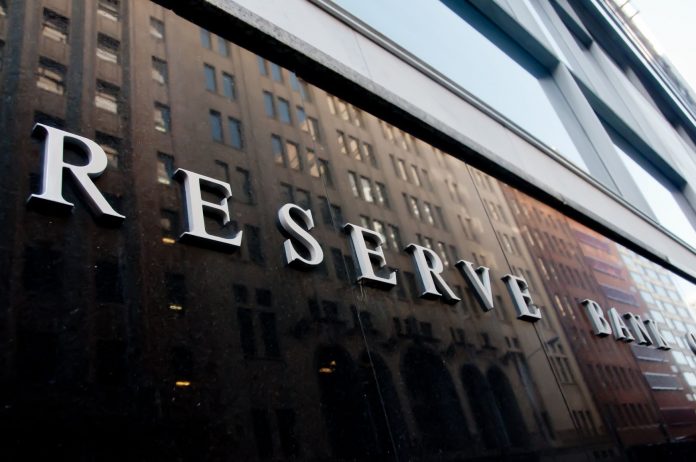The large rise in the cash rate by the Reserve Bank of Australia was understandable to tame inflation pressures, a major business group says.
The RBA jacked up the cash rate by 50 basis points to 0.85 per cent at Tuesday’s monthly board meeting, larger than most economists had expected.
It was the biggest single hike since 2000.
“The decisive action taken by the Reserve Bank was understandable to normalise monetary settings and tame inflationary pressures,” Australian Chamber of Commerce and Industry chief executive Andrew McKellar said.
“Inflation is hitting businesses especially hard, particularly surging energy prices.”
RBA governor Philip Lowe warned inflation is likely to be higher than the central bank had expected just a month ago, and the size and timing of further rate increases will be driven by incoming economic data.
Inflation spiked to 5.1 per cent in the March quarter. The RBA has forecast it would increase further to six per cent by the end of the year, well above its two to three per cent target.
“It’s headed comfortably above six per cent,” Deloitte Access Economics economist Chris Richardson told ABC television.
“Partly given what is happening around gas … but also petrol prices, which have risen again.”
BetaShares chief economist David Bassanese said the RBA’s decisions to inflict “shock and awe” on the economy was clearly the result of it heeding the lessons of the US Federal Reserve, “which arguably waited too long to lift interest rates as US inflation lifted last year”.
He expects four further 25 basis point rate hikes this year, taking the cash rate to 1.85 per cent – well below what financial markets have priced in.
“If the RBA did match market expectations – a 3.2 per cent cash rate by year end – it would virtually guarantee a substantial economic slowdown, if not recession in 2023,” Mr Bassanese said.
Treasurer Jim Chalmers will get the opportunity to share his insights for the economic outlook when he addresses a Sky News-The Australian event in Sydney on Wednesday.
Separately, Treasury secretary Steven Kennedy will also brief an Australian Business Economists lunch in Sydney on the changes in the economic environment since the March budget, and what factors may shape Labor’s first budget in October.





